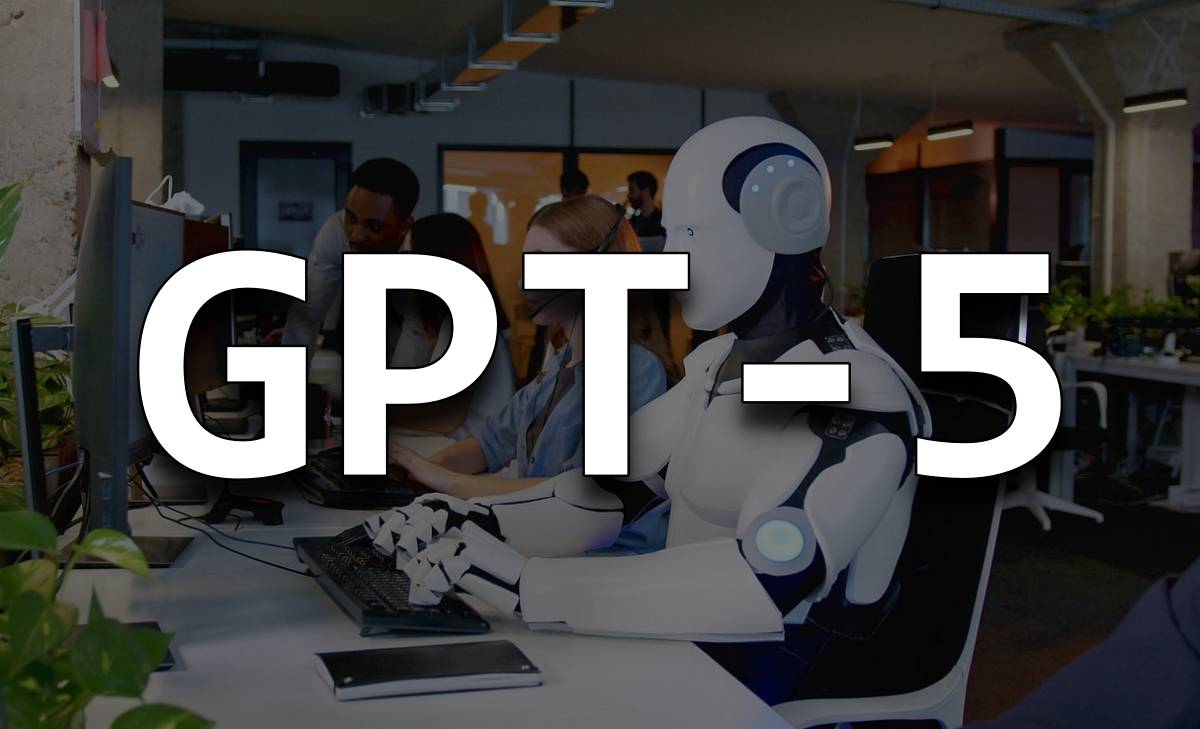The world of Artificial Intelligence is abuzz with speculation surrounding the upcoming release of GPT-5, the next generation language model from OpenAI. As the successor to the highly influential GPT-3, GPT-5 promises significant advancements in text generation, translation, and code creation. Let’s delve into the rumors swirling around this highly anticipated release, explore its potential features, and consider the impact it might have on various industries.
A Release Date Shrouded in Mystery
While there’s no official confirmation from OpenAI, rumors regarding GPT-5’s release date have been circulating for months. Some reports suggest a summer 2024 launch, while others point to a late 2024 or even early 2025 timeframe. OpenAI itself has remained tight-lipped, fueling the speculation with comments like “We will release an amazing model this year, I don’t know what we will call it,” from CTO Mira Murati.
This secrecy is a common tactic employed by AI research labs. It allows them to refine the model without the pressure of public deadlines and manage expectations surrounding its capabilities.
Based on the recent rumors and reports, it seems likely that OpenAI will release a major new language model, potentially called GPT-5, sometime in mid-2024, and possibly as early as this summer However, OpenAI has not officially confirmed the release timeline or even the existence of GPT-5.
Some key points about the potential GPT-5 release:
- Anonymous sources claim enterprise customers have recently received demos of GPT-5, describing it as “materially better” than GPT-4.
- OpenAI CEO Sam Altman has hinted that they will release an “amazing new model” this year, but hasn’t confirmed if it will be called GPT-5. He previously said GPT-5 was not in development as of mid-2023.
- Rumors suggest GPT-5 could be 10x more powerful than GPT-4 and capable of generating human-like text, perfect translations, and creative writing. However, these claims are unverified.
- After training, GPT-5 will likely undergo extensive safety testing which could impact the release timeline.
- If released, GPT-5 is expected to be a further leap in AI capabilities, potentially bringing us closer to artificial general intelligence (AGI).
Rumored Features: A Glimpse into GPT-5’s Potential
Despite the lack of official information, leaks and reports suggest some exciting features GPT-5 might possess:
- Enhanced Text Generation: GPT-3 excelled at creating human-quality text, but GPT-5 is rumored to take it a step further. Expect more nuanced and factually accurate writing, improved coherence across longer passages, and a better grasp of different writing styles.
- Evolution of Code Creation: GPT-3 demonstrated impressive code-writing capabilities. GPT-5 is expected to refine this ability, generating more complex and error-free code, potentially revolutionizing software development processes.
- Next-Level Translation: Machine translation has come a long way, but there’s still room for improvement. GPT-5 might bridge the gap between machine and human translation, delivering more accurate and natural-sounding translations across languages.
- Reasoning and Problem-solving: While GPT-3 showed glimpses of reasoning abilities, GPT-5 might take this further. Imagine an AI that can not only generate text but also understand and respond to complex queries in a logical and insightful way.
The Potential Impact of GPT-5
The release of GPT-5 could have a significant impact on various industries:
- Content Creation: The ability to generate high-quality, factual text could revolutionize content creation. Imagine GPT-5 writing engaging articles, compelling marketing copy, or even scripts for movies and TV shows.
- Software Development: The potential for GPT-5 to write complex and error-free code could drastically accelerate software development processes. This could lead to faster release cycles and more robust software applications.
- Education and Research: GPT-5 could become a valuable tool for education and research. Imagine personalized learning experiences tailored to individual student needs or AI-powered research assistants that can help scientists analyze vast amounts of data.
- Customer Service: GPT-5 could revolutionize customer service by powering chatbots that can understand complex queries and provide accurate and helpful information.
A Word of Caution: Ethical Considerations
While the potential benefits of GPT-5 are undeniable, ethical considerations must be addressed. The ability to generate highly realistic text raises concerns about deepfakes and the spread of misinformation. Additionally, the dependence on AI for content creation could lead to homogenization and a loss of human creativity.
OpenAI has acknowledged these concerns and emphasized the importance of responsible development and deployment of its models. Regulations and guidelines need to be established to ensure GPT-5 is used for good and doesn’t exacerbate existing problems.

